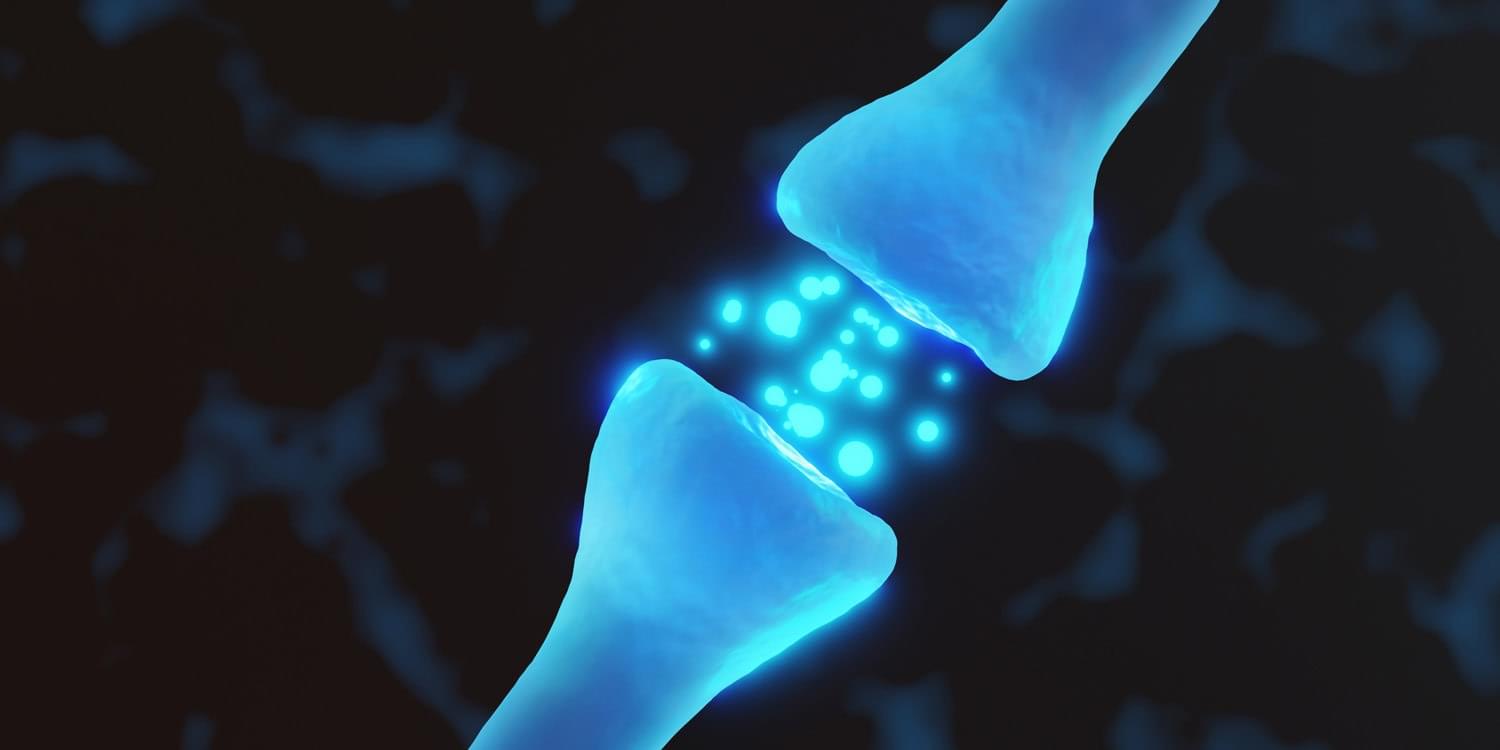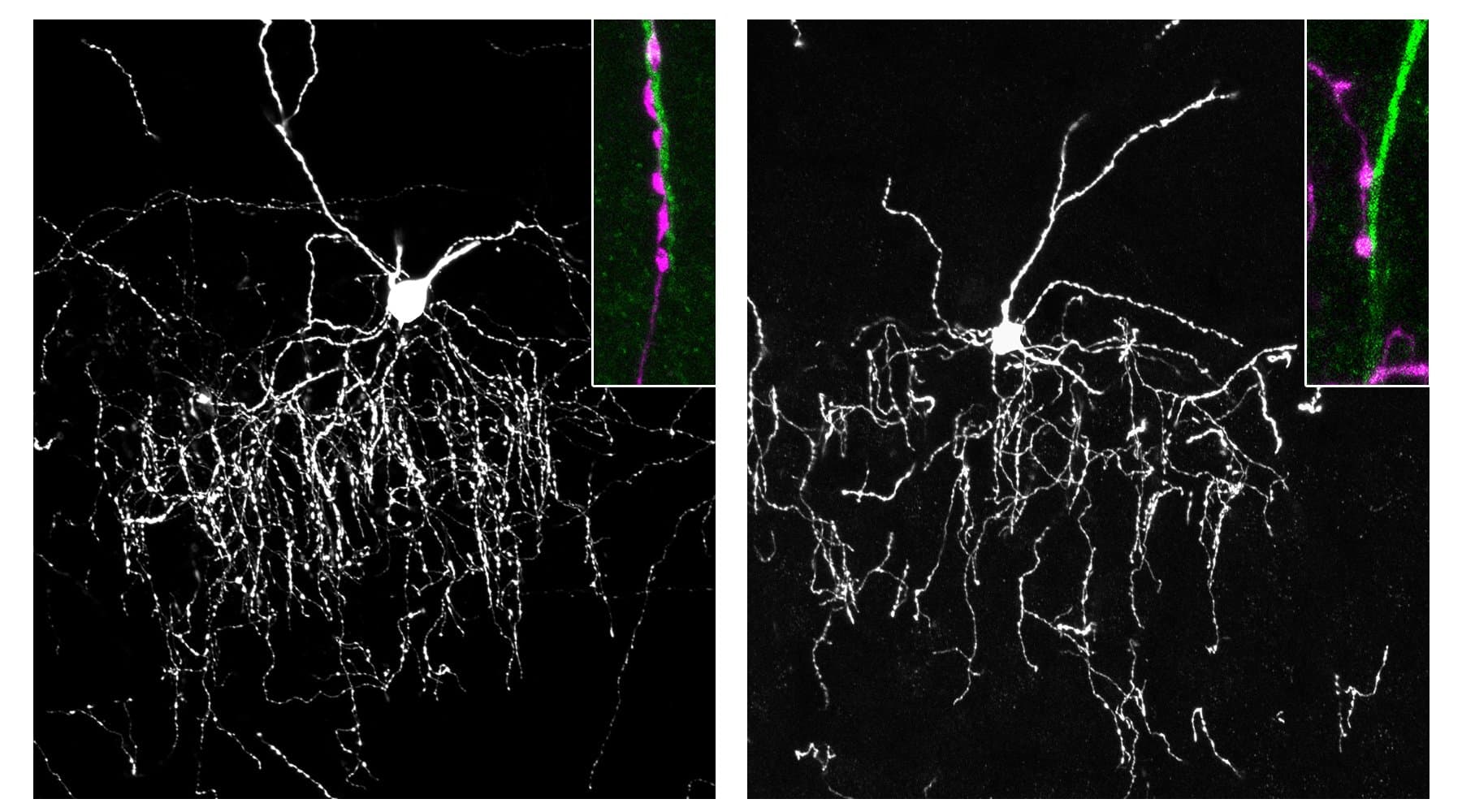Treatments for autoimmune disorders might offer hope for methamphetamine addiction. Research published in Science Signaling indicates that blocking a specific immune protein dampens the drug’s effect on the brain’s reward centers.



A new study published in the journal Personality and Individual Differences shows that men with higher general intelligence are less likely to engage in abusive or coercive behaviors toward their romantic partners. The findings suggest that cognitive ability may play a role in how men manage conflict and commitment in heterosexual relationships.
General intelligence is a broad mental capacity that influences reasoning, planning, and problem-solving. Psychology research has long established that people with higher general intelligence tend to experience better life outcomes. They generally achieve higher levels of education and earn more money. They also tend to live longer and suffer from fewer health issues.
But the relationship between intelligence and romantic success is less clear. Some data suggests that intelligent people are less likely to divorce. Other studies indicate they may have sex less frequently or choose to have fewer children. Evolutionary psychologists have debated why this might be the case.








Google has confirmed that it’s now possible to change your @gmail.com address. This means that if your current email is [email protected], you can now change it to [email protected].